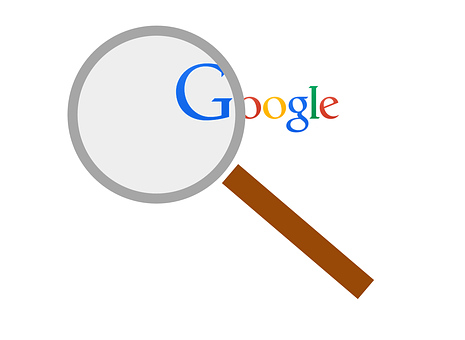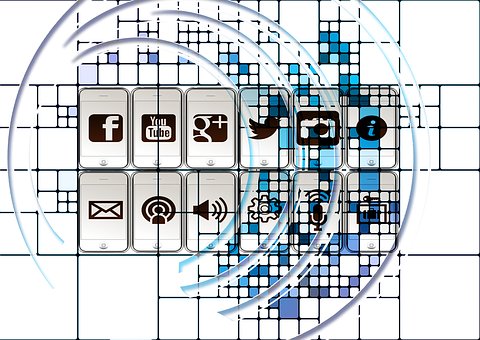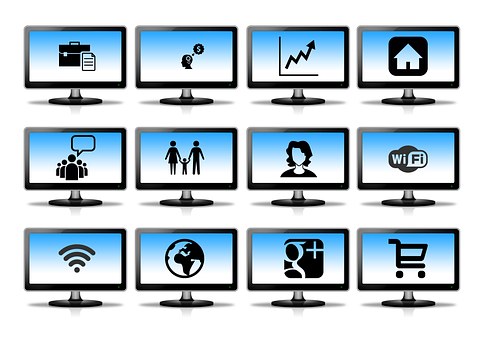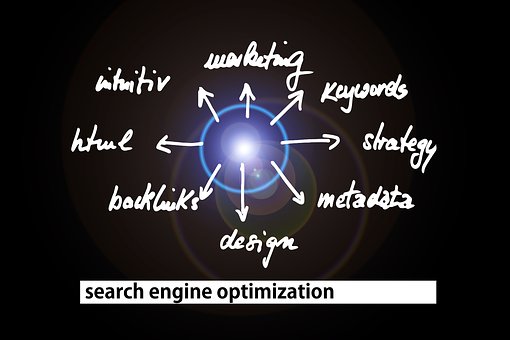EMAIL MARKETING
We specialise in a range of Email Marketing technologies to promote your business
We specialise in a range of Email Marketing Technologies, making the most of the online marketing tools and creating a strong online image for your business
We use Email marketing as a digital marketing strategy that involves sending targeted emails to a group of recipients with the intention of promoting products, services, building relationships, sharing information, and driving specific actions such as purchases or sign-ups. It’s a direct and personalized form of communication that allows businesses to engage with their audience on a one-to-one basis. Here are some key aspects of email marketing:
Building an Email List: The foundation of email marketing is having a permission-based list of email subscribers. This list can be built through various means, such as website sign-up forms, lead magnets, events, and more. It’s important to ensure that recipients have willingly opted in to receive emails.
Segmentation: Not all subscribers are the same. Segmenting your email list involves categorizing subscribers based on factors like demographics, interests, purchase history, and engagement level. This allows you to send more targeted and relevant content to different segments.
Personalization: Personalizing emails with the recipient’s name, location, and other relevant details can significantly improve engagement. Personalized content and recommendations can make recipients feel valued and increase the likelihood of them taking the desired action.
Content Creation: Email content can include a variety of elements, such as text, images, videos, links, and calls to action (CTAs). The content should be valuable, informative, and relevant to the recipient’s interests or needs.
Types of Emails: There are different types of emails you can send as part of your email marketing strategy, including:
Promotional Emails: These emails highlight special offers, discounts, sales, and new product launches.
Educational Content: Emails with valuable information, how-to guides, tips, and educational resources that cater to the recipients’ interests.
Transactional Emails: Order confirmations, shipping notifications, and other transaction-related emails that provide important updates to customers.
Newsletters: Regular updates containing a mix of content, such as blog posts, industry news, and company updates.
Abandoned Cart Emails: Sent to users who added items to their cart but didn’t complete the purchase.
Welcome Emails: Sent to new subscribers to introduce your brand, set expectations, and provide valuable resources.
Design and Layout: The design of your emails should be visually appealing, mobile-responsive, and easy to read. Use a clean layout, concise text, and compelling visuals to capture the recipient’s attention.
A/B Testing: Experiment with different elements of your emails, such as subject lines, CTAs, and visuals, through A/B testing. This helps you identify what resonates best with your audience and improve your email performance over time.
Tracking and Analytics: Use email marketing platforms to track metrics like open rates, click-through rates, conversion rates, and more. These insights provide valuable data for optimizing future email campaigns.
Compliance and Privacy: It’s crucial to comply with email marketing regulations, such as the CAN-SPAM Act and the General Data Protection Regulation (GDPR). Always provide clear opt-out options and respect subscribers’ privacy.
Email marketing remains an effective strategy for nurturing leads, engaging with customers, and driving conversions. When executed thoughtfully and strategically, email campaigns can help businesses establish stronger connections with their audience and achieve their marketing goals.












